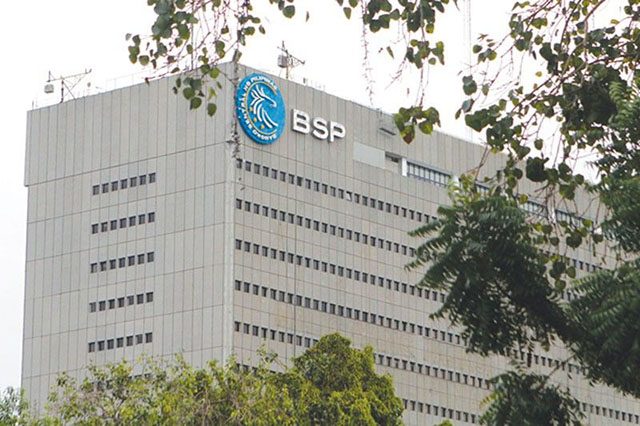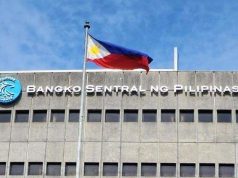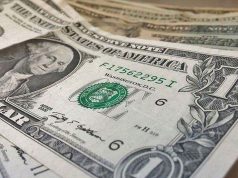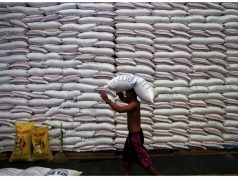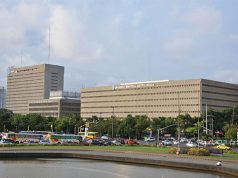MANILA — A cooling of inflation allowed the Philippine central bank to leave its benchmark interest rate on hold on Thursday after five straight hikes, but it said it was ready to take action if needed to keep prices in check.
The Bangko Sentral ng Pilipinas (BSP) left the rate on its overnight reverse repurchase facility unchanged at 4.75 percent, as predicted by 11 out of 13 analysts in a Reuters poll. The other two expected another 25 basis point (bps) hike.
“The Monetary Board deemed it prudent for the time being to keep monetary policy settings steady and allow previous monetary responses to continue to work their way through the economy,” the central bank said in a statement.
“The BSP is prepared to take further policy action as appropriate to safeguard its price stability mandate.”
The bank raised rates by a total 175 basis points at its last five meetings in a bid to tame inflation, which at one point reached the highest level in almost a decade.
The annual rate, 6.7 percent in both September and October, dropped to a four-month low of 6.0 percent last month.
Easing fuel and food prices should cool inflation further, the central bank said, and bring the average rate in 2019 and 2020 to 3.18 percent and 3.04 percent, respectively, lower than its previous estimates of 3.5 percent and 3.3 percent.
Still ‘data dependent’
Asked if the rate hike cycle was over, central bank assistant governor Francisco Dakila said the BSP “remains data dependent”.
Some analysts believe the central bank’s rate-hiking is now over and its next move would probably be to ease policy next year.
ING economist Nicholas Mapa said he expects the central bank to slash banks’ reserve requirement ratio during the first quarter, followed by a reduction in its benchmark rate in the second quarter.
“As long as inflation continues to trend lower, growth slows and the (U.S. Federal Reserve) indeed turn dovish, the next policy moves by the BSP will be that of easing,” he said.
Alex Holmes of Capital Economics said food and energy price inflation should stabilize in the months ahead, making further rate hikes unlikely.
“With inflation set to drop back sharply over the coming months, we suspect the next move will be a rate cut,” he said in a note.
“With growth slowing and headwinds building, we think the emphasis will soon turn to support the economy. We now expect the bank to loosen policy around the middle of next year,” Holmes added. — Writing by Karen Lema and Enrico Dela Cruz; Editing by Martin Petty and Richard Borsuk

